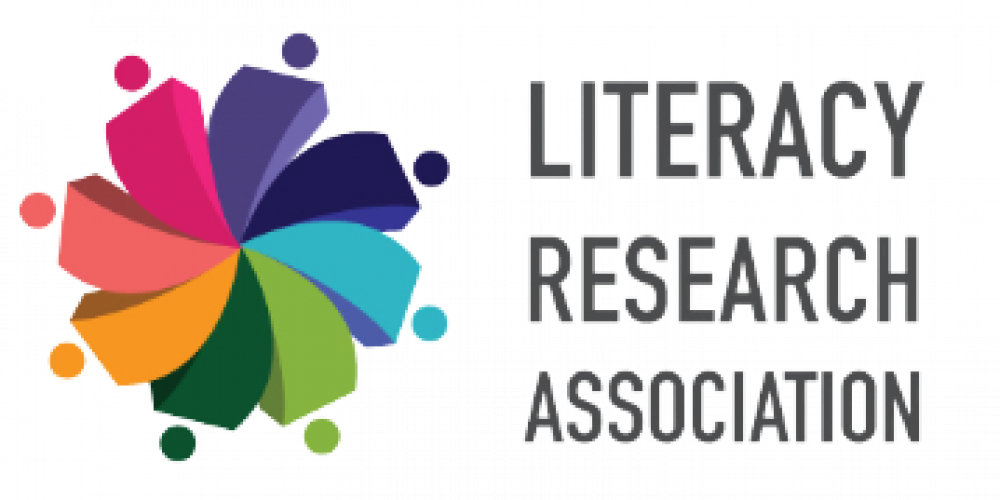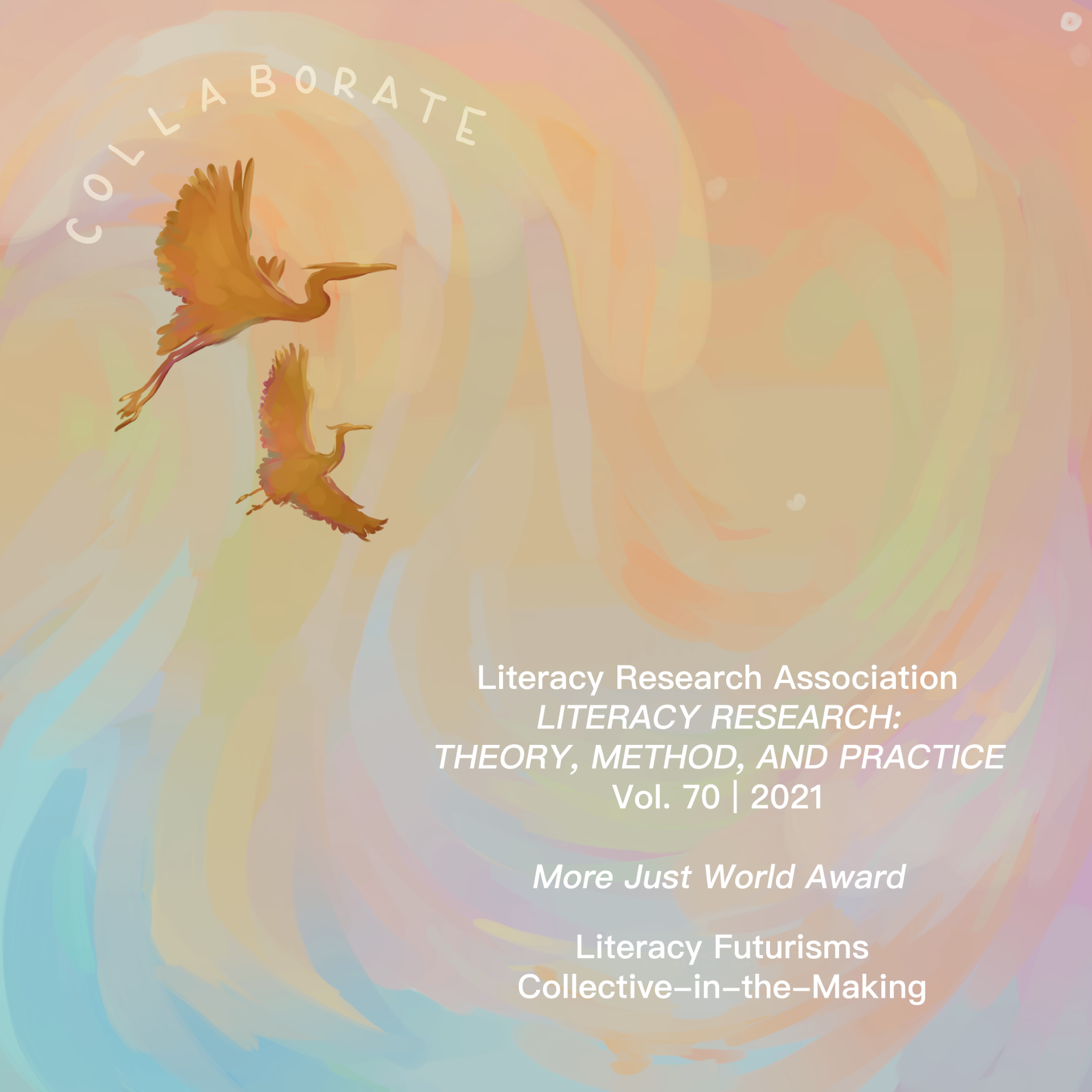Dear LRA Family and Friends,
Once again and too soon, we are mourning more senseless and horrific deaths as a result of another mass shooting in America—this time 19 third, and fourth graders and two teachers at Robb Elementary School in Uvalde, Texas. This unconscionable loss of life and the aftermath of unspeakable pain, grief, and anger should touch us all deeply as literacy educators and researchers. These are our children too.
We seem to have come to the point in this country where we can assume there is no safe place. Schools, grocery stores, churches, synagogues, mosques, movie theaters, concerts, restaurants, and many other places have been sites for mass violence. Shootings have been attributed to retribution, anger, fear of the other, mental illness, and other causes. School dress codes have begun including bans on “body armor,” and, in many places, security officers and metal detectors now greet students at the school door. Yet, the violence goes on, seemingly uninhibited.
Gun violence has now outstripped car crashes as the leading cause of death among youth in the United States. There are now more guns in America than people—a shocking average of 120 firearms per person—with Yemen (53) and Serbia (39) a far distant second and third. Firearm deaths of civilians since 1968 have now reached 1.5 million persons—more than the number of soldiers killed in every U.S. conflict since the American War for Independence in 1775. So far, there have been more mass shootings than days in 2022.
The nation’s children, youth, and their teachers are LRA’s intimate partners in our work to understand all forms of literacies—their classrooms are our workplace. All children in schools and the adults who teach and serve them deserve to be safe, but they are not. As concerned citizens and voters, we are not powerless. There are many firearm safety measures which could be passed at both state and federal levels, but are stalled due to political gridlock, and the undue influence of gun advocacy groups. And the sad fact is that there are more police than nurses and counselors in many schools.
In addition to passing firearm safety laws, there is also a dramatic disparity in trained mental health professionals who might be in a position to recognize early on the reasons for an individual’s psychological trauma and treat it before it burgeons into violence and death. Therefore, I urge all of you to do what you can to convince our local, state and federal lawmakers that our children’s safety, physical and mental,—the safety of all of us—should be their first priority.
On behalf of the LRA Board of Directors,













